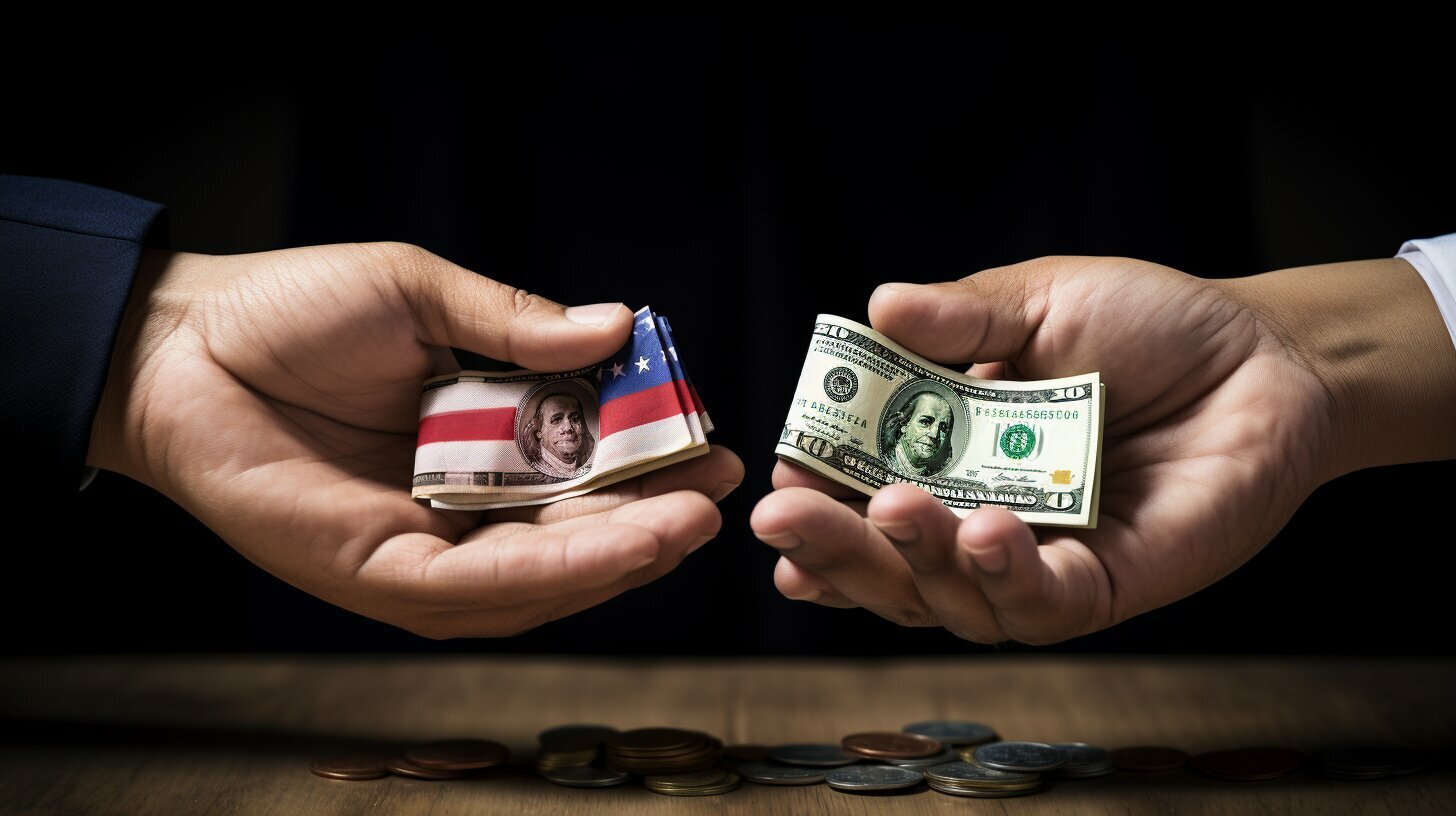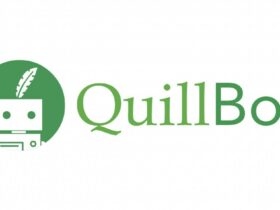Welcome to our blog post on the fascinating world of currency exchange! Today, we’re diving into the topic of Colones to Dollars exchange and exploring everything you need to know about this conversion. Whether you’re planning a trip to Costa Rica or simply curious about foreign exchange rates, we’ve got you covered.
The History of the Exchange Rate
It’s fascinating to trace the origins of the Colones to Dollars exchange rate and understand how it has evolved over time. The history of this exchange rate can be traced back to Costa Rica adopting its own currency, the Colon, in 1896. At that time, one US Dollar was equivalent to 2 Colones.
Over the years, various economic factors and global events have influenced this exchange rate. For instance, during periods of economic stability and growth in Costa Rica, the value of the Colon tends to strengthen against the US Dollar. On the other hand, times of political uncertainty or economic downturns can lead to a weaker exchange rate.
In recent decades, globalisation and increasing international trade have further impacted currency values worldwide. Fluctuations in oil prices, interest rates, inflation rates, and even geopolitical tensions all play a role in shaping exchange rates between different currencies.
With advancements in technology and digital banking systems came greater accessibility for individuals seeking foreign currency exchanges. Today, you can easily convert your Colones into Dollars through banks or authorised money changers at competitive market rates.
Understanding the historical context behind the Colones to Dollars exchange rate is crucial when planning financial transactions involving these two currencies. By keeping an eye on current events and being aware of economic indicators both locally and globally – you’ll be well-prepared for any changes that may impact your future conversions
Factors that Affect the Exchange Rate
The exchange rate between colones and dollars is influenced by various factors. Understanding these factors can help you make informed decisions when exchanging currency.
One major factor is interest rates. When a country’s interest rates are higher, it tends to attract more foreign investment, which increases demand for its currency and strengthens its value. Conversely, lower interest rates may lead to a decrease in demand for the currency and a weaker exchange rate.
Another important factor is inflation. Countries with low inflation tend to have stronger currencies because their purchasing power remains stable over time. On the other hand, high inflation erodes the value of a currency, leading to a weaker exchange rate.
Political stability also plays a crucial role in determining exchange rates. Investors prefer countries with stable governments and economies as they offer less risk. Uncertainty or political instability can cause investors to withdraw their investments, leading to a depreciation of the currency.
Economic indicators such as GDP growth, employment rates, trade balances, and fiscal policies also impact exchange rates. Strong economic performance often leads to an appreciation of the local currency.
Market sentiment and speculation can greatly influence exchange rates in the short term. Traders analyse economic data and news events to predict future movements in currencies, creating volatility in exchange rates.
By considering these factors along with current market conditions when exchanging colones for dollars or vice versa; individuals or businesses can make better-informed decisions on timing their exchanges based on favourable trends.
How to Calculate the Exchange Rate
Calculating the exchange rate between colones and dollars is a straightforward process that can be done using a simple formula. The exchange rate represents the value of one currency in relation to another, so by determining this rate, you will know how many dollars you will receive for your colones.
To calculate the exchange rate, divide the amount of colones you have by the current exchange rate. For example, if 1 dollar equals 600 colones and you have 3000 colones, you would divide 3000 by 600 to get an equivalent of 5 dollars.
It’s important to note that exchange rates fluctuate constantly due to various factors such as economic conditions, interest rates, and geopolitical events. Therefore, it’s essential to check the most up-to-date rates before making any transactions.
Additionally, keep in mind that when exchanging currency at banks or specialised foreign exchange offices, there may be fees or commissions involved. These costs can vary depending on where you choose to make your transaction.
By understanding how to calculate the exchange rate accurately and being aware of potential fees or charges associated with currency exchanges, you can ensure that you are getting a fair deal when converting your colones into dollars.
Benefits of Exchanging Colones to Dollars
When travelling or conducting business in Costa Rica, one may need to exchange their colones for dollars. This can bring several benefits and advantages.
Exchanging colones to dollars allows for greater convenience when dealing with international transactions. The US dollar is widely accepted and recognized across the globe, making it easier to use during travels or when engaging in cross-border trade.
By converting colones to dollars, individuals can take advantage of any fluctuations in the exchange rate. If the value of the dollar increases against the colon, exchanging at a favourable rate can result in financial gains.
Furthermore, holding dollars instead of colones provides protection against inflation. The US dollar has historically been more stable than many other currencies around the world. By holding funds in dollars, individuals can safeguard their wealth from potential devaluation over time.
Tips for Exchanging Currency
1. Research the Exchange Rate: Before exchanging your colones to dollars, it’s important to do some research on the current exchange rate. This will help you determine if it’s a good time to make the exchange or if you should wait for a more favourable rate.
2. Compare Exchange Rates: Don’t settle for the first currency exchange service you come across. Take the time to compare rates from different providers and choose one that offers competitive rates and low fees. Online platforms can often offer better rates than physical banks or airport kiosks.
3. Watch Out for Hidden Fees: When exchanging currency, be aware of any hidden fees that may be charged by the service provider. Some companies may advertise lower rates but make up for it with high transaction fees, so read the fine print before making a decision.
4. Consider Timing: If possible, try to plan your currency exchange in advance when the market is more stable and favourable towards your desired outcome.
5. Be Cautious with Large Amounts: If you’re planning to exchange a significant amount of money, consider splitting it into smaller transactions over multiple days or using different providers to minimise risk.
6. Keep an Eye on Security: When exchanging currency, safety should always be a priority. Opt for reputable institutions or services with proper security measures in place to protect your funds during and after the transaction.
Remember, these tips are just guidelines and everyone’s situation is unique! It’s always wise to consult with financial professionals or experts before making any major decisions regarding currency exchange.
Risks of Exchanging Currency
In today’s globalised world, exchanging currency has become a common practice for many individuals and businesses. While there are undeniable benefits to converting your colones to dollars, it is important to be aware of the potential risks involved.
One of the main risks of exchanging currency is the possibility of unfavourable exchange rates. Exchange rates fluctuate constantly due to various economic factors and market conditions. If you’re not vigilant and keep an eye on these changes, you may end up receiving fewer dollars than expected when exchanging your colones.
Another risk to consider is transaction fees. Banks and exchange bureaus often charge fees for converting currencies, which can eat into your overall amount. It’s essential to compare different service providers before making a decision in order to minimise these costs.
It’s crucial to be cautious when carrying large amounts of cash during currency exchanges as this increases the risk of theft or loss. Consider alternative methods such as electronic transfers or traveller’s checks if possible.
While these risks exist, being well-informed and taking necessary precautions can help mitigate them effectively. Stay updated on current exchange rate trends through reliable sources and consult with financial professionals if needed.
When undertaking any foreign currency transaction, remember tips such as researching reputable service providers for competitive rates while keeping an eye out for risky elements like unfavourable fluctuations in exchange markets or unnecessary transaction fees by banks or other institutions handling exchanges.
Read more: The Pacman 30th Anniversary






























